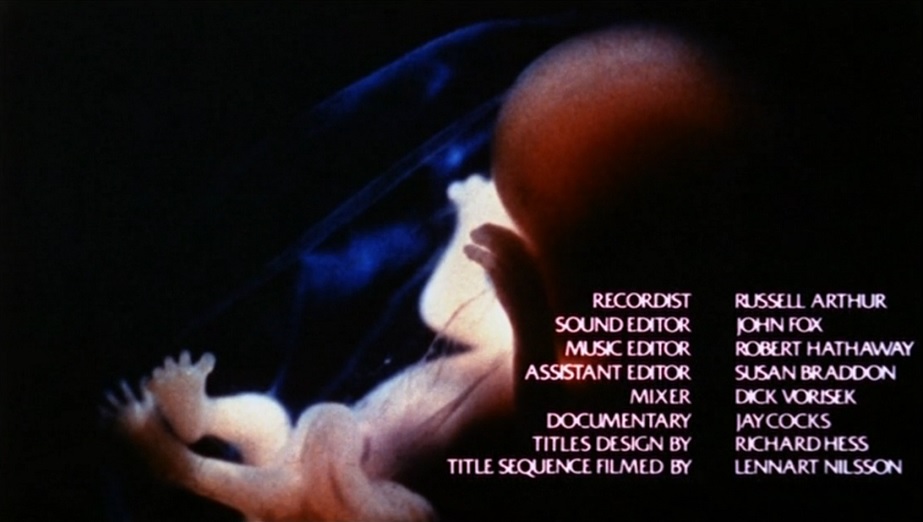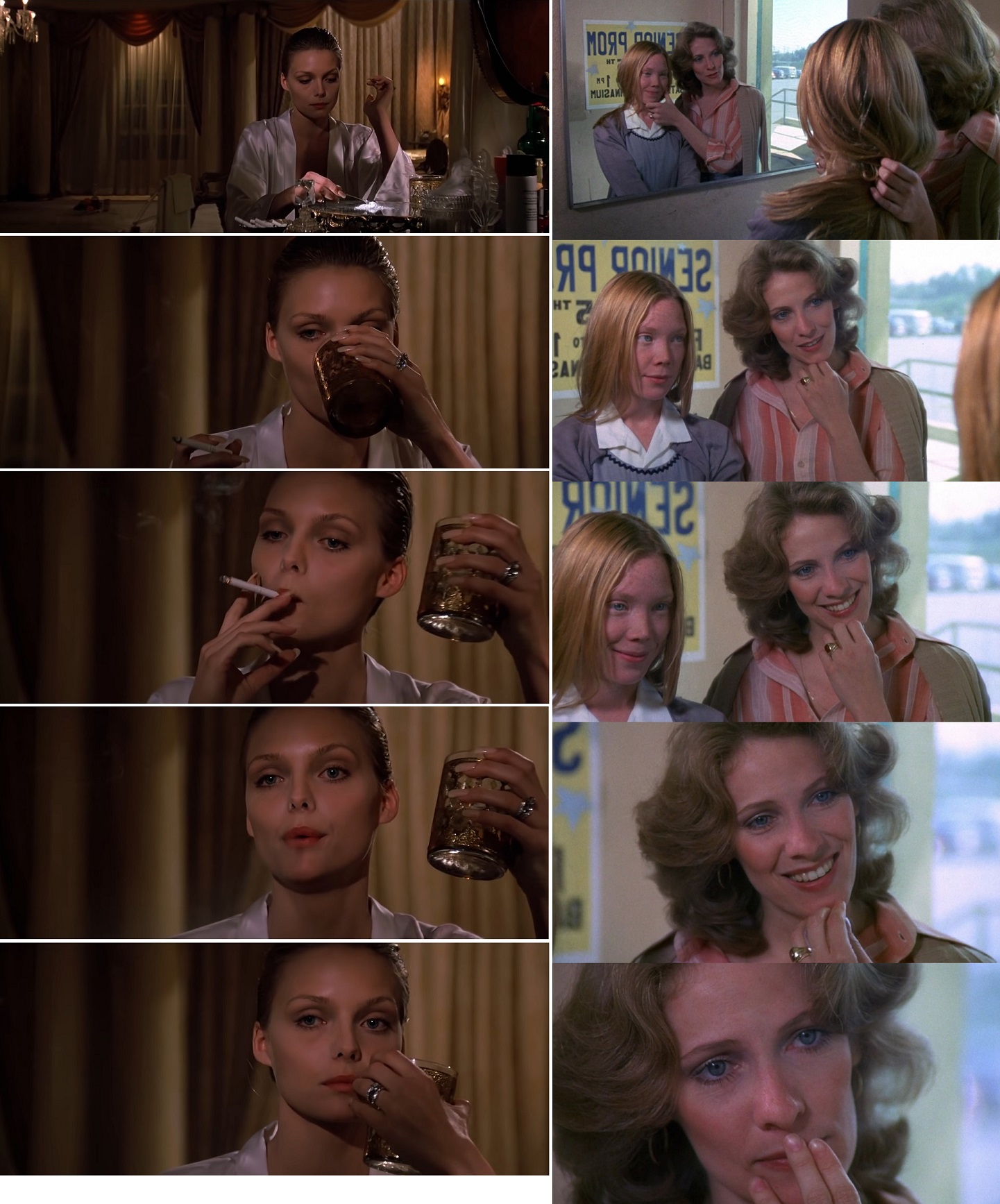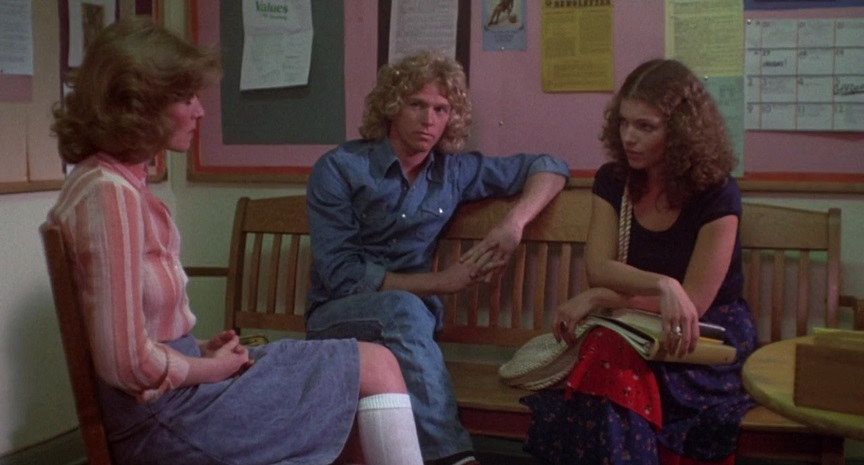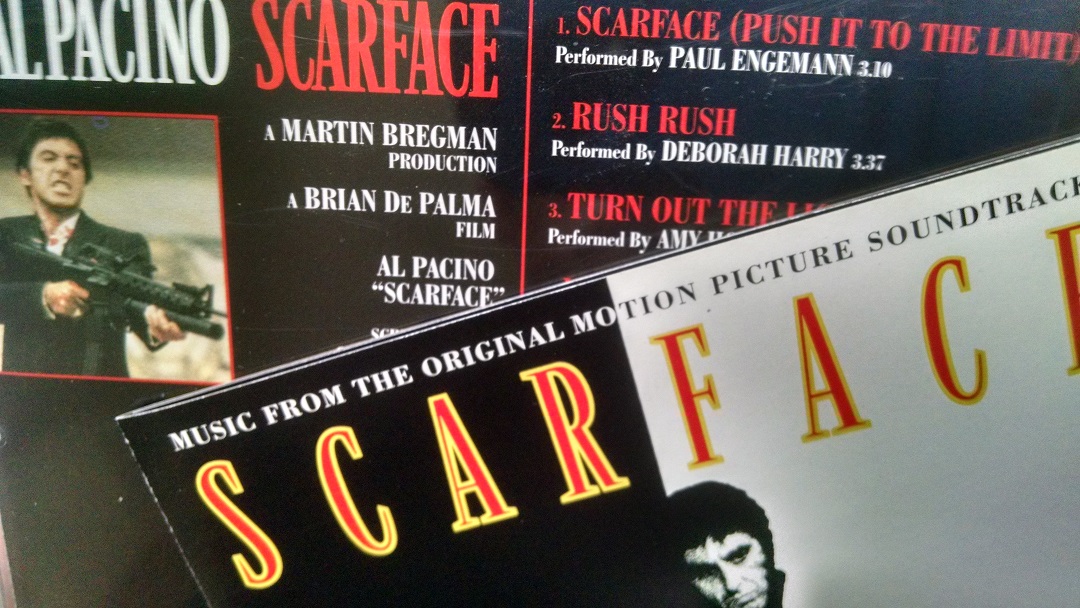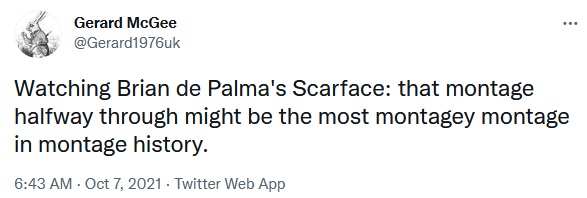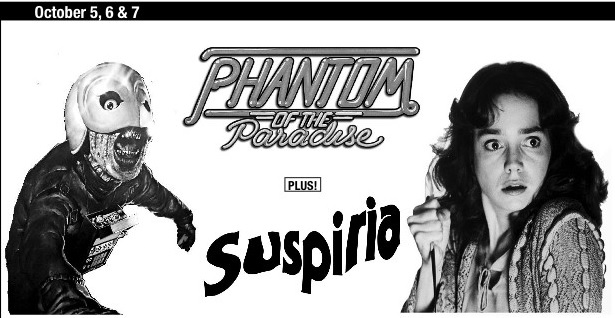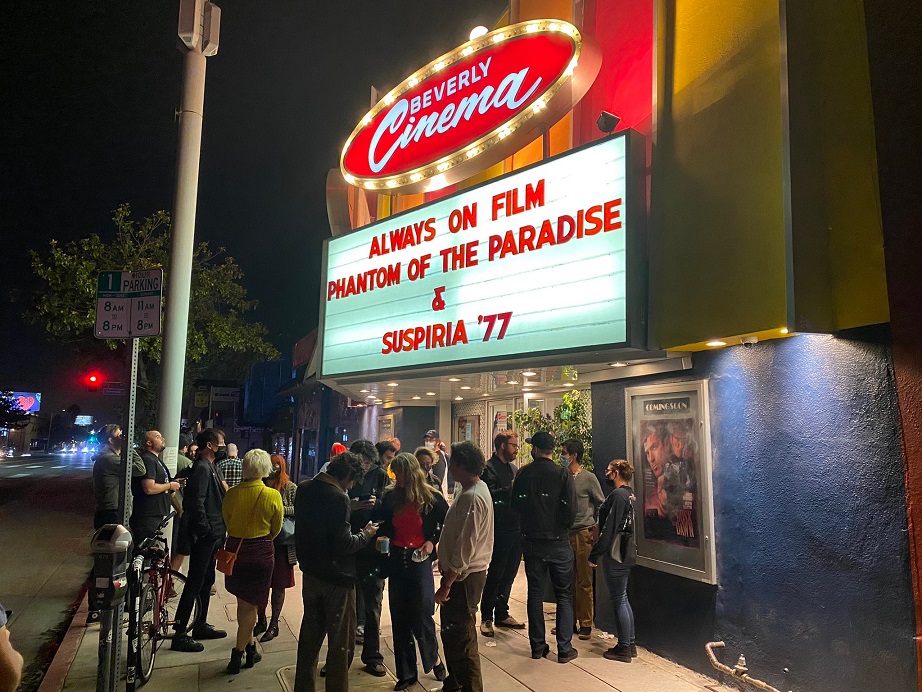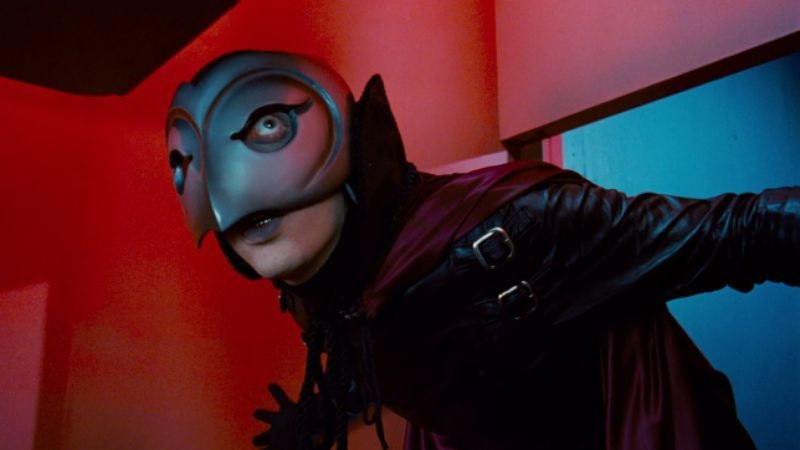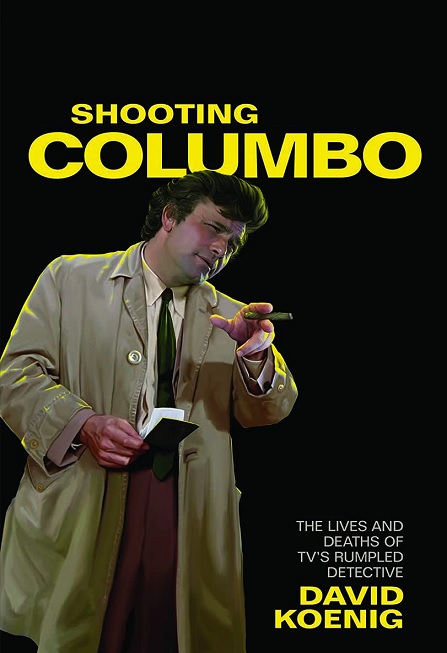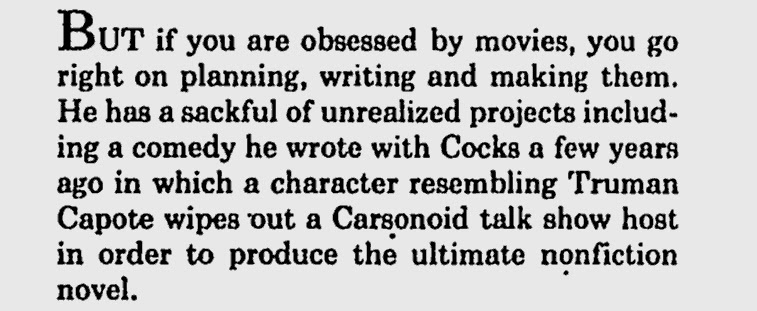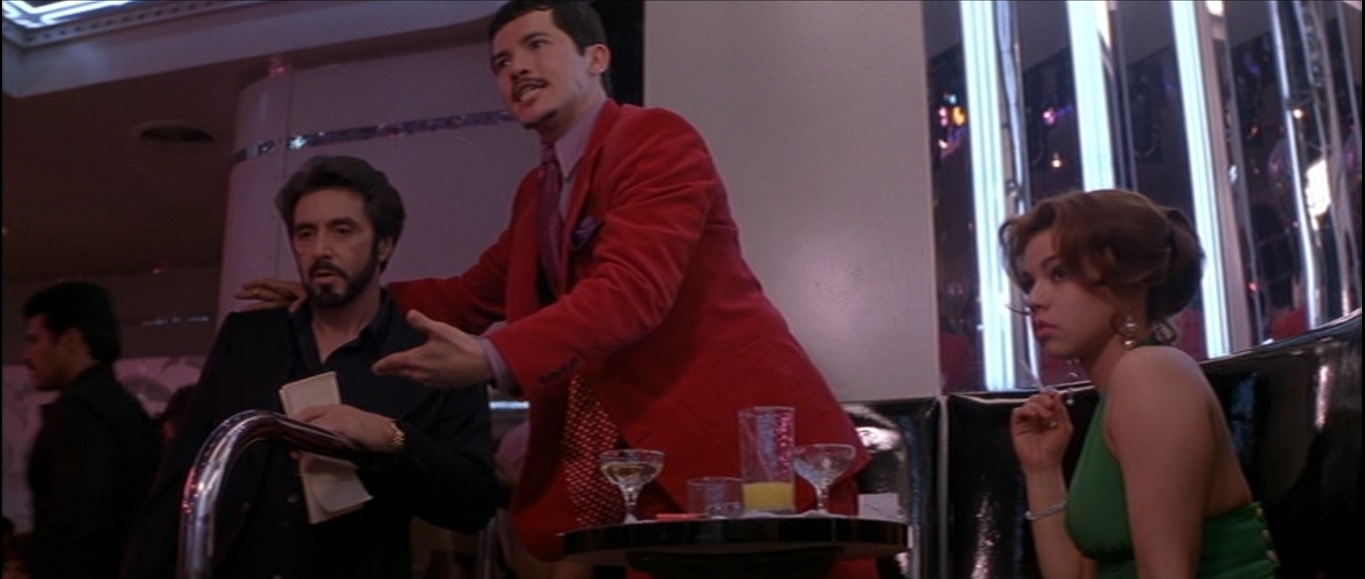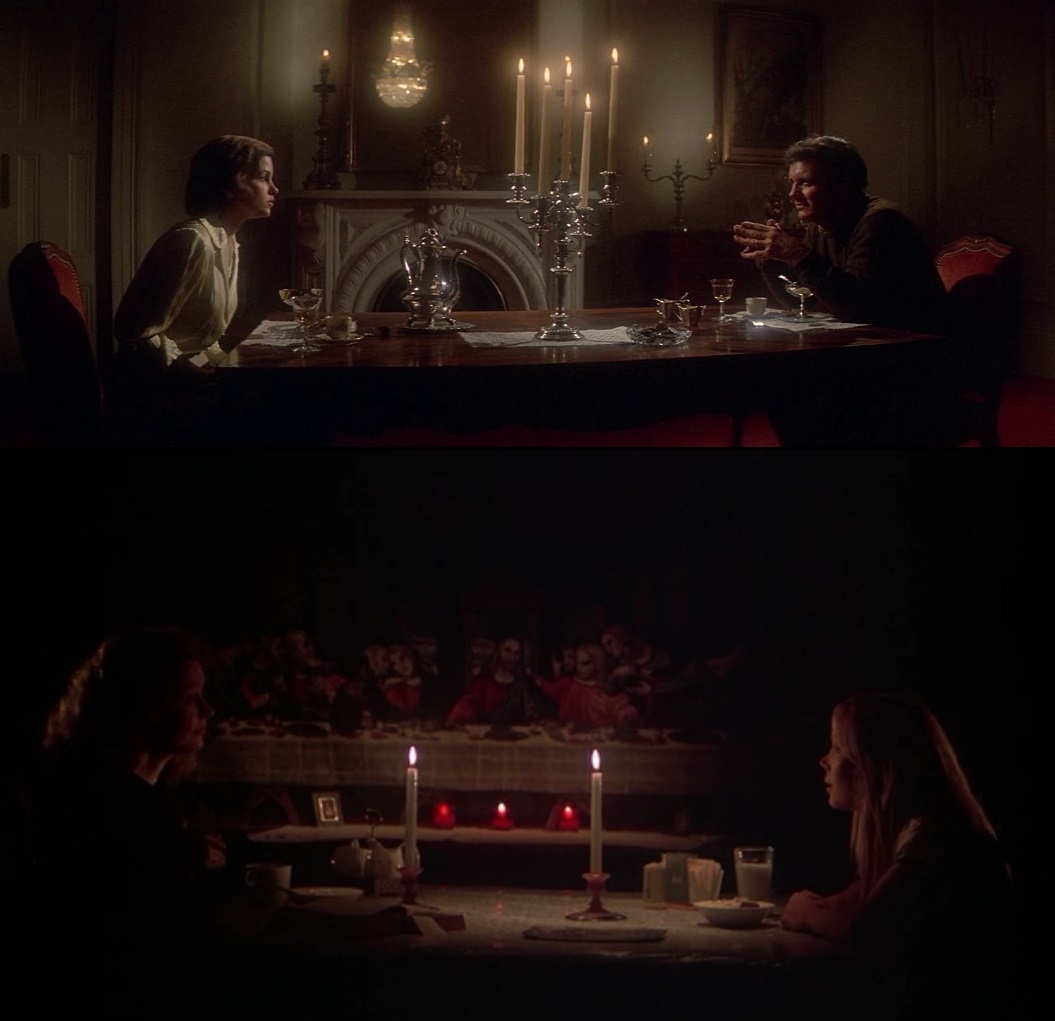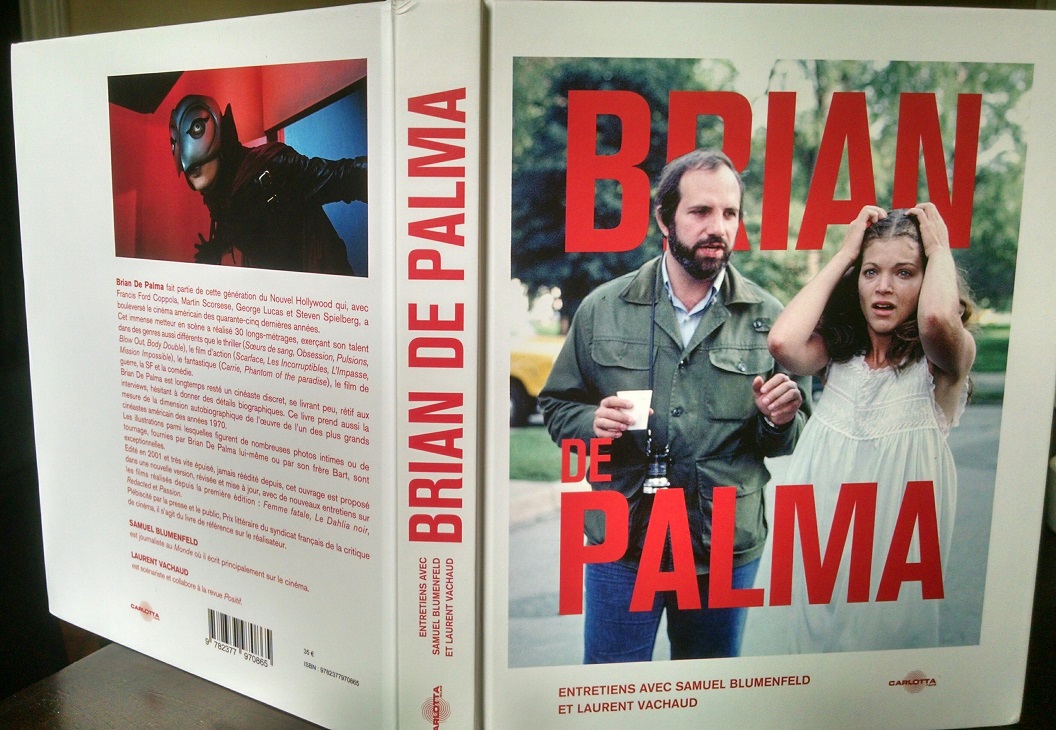ALSO, SCREENING TONIGHT AT NASHVILLE'S BELCOURT, AND OCT 27 AT MERCURY CX IN SOUTH AUSTRALIA
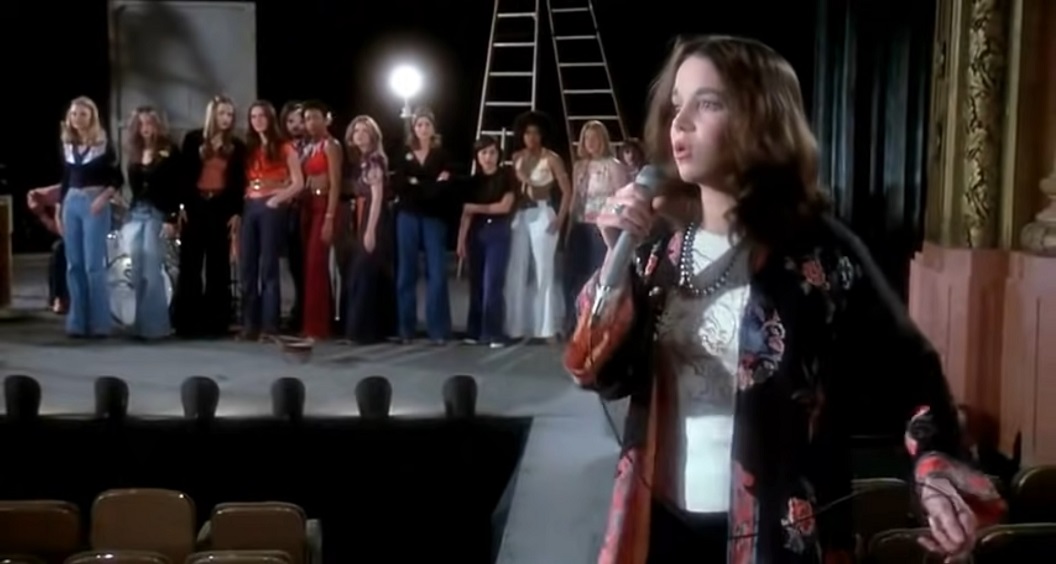
"I don’t know how else to describe Phantom of the Paradise than to say it’s the living, breathing embodiment of rock and roll. It’s all in the attitude, a Serge-Gainsbourg-setting-flame-to-a-500-franc-bill-on-live-French-television kind of attitude. And a gesture clearly evidenced in Brian De Palma’s handling of the original source material, which includes the literary likes of Faust, Phantom of the Opera, and The Picture of Dorian Gray. But you may find something beautiful from this onslaught of inspirations. And you don’t need the help of the illicit to hear it. The color of sound."
So begins Daniel Hrncir in his review of Phantom Of The Paradise, posted the other day at Full Circle Cinema. After delving into the plot of the film, Hrncir continues:
I’ve probably already given you the wrong impression of what I think is Brian De Palma’s best. The plot itself may seem like a downer if it was not for the film succumbing to sheer excess. What a concept for our twentieth-first-century streaming age, where everything has a standard of quality, but not a twinge of soul. Hollywood, so wanting to please the greatest numbers, forgoes the opportunity to challenge its audiences. Meanwhile, De Palma spends every minute challenging his audience with a spectacular mess. And in doing so, Phantom of the Paradise becomes something truly great.At one moment in the film, Winslow plants a bomb beside a performance of bikini-glad girls and beach boys to get back at Swan. And I tell you what, I laughed. Not because I condone terrorism, but that these surfer teens go up in flames and Swan does not even react. Once again, De Palma employs his split-screen technique in this scene and it’s chaotic, to say the least. Voices off-stage clash with the performance itself in a manner befitting The Velvet Underground’s ‘The Murder Mystery’. And even if you evenly split your eyes between both scenes simultaneously, you still wouldn’t be able to grasp the buzzing activity. You would have to split your ears to catch it all too. But that is okay. It is okay for a movie to trip you up, to confuse or confound you. More movies need to do that.
It would be remiss of me not to mention some of Phantom of the Paradise‘s sweeter moments. Yes, there are blood and guts for the hard rock fans, but much to be had for the sentimental Carpenter fans too. I must confess that I am a Jessica Harper fan, and some of my favorite moments come through with her performance as Phoenix. I had no clue that she could sing, and neither did Winslow and his discovery of her at an audition. Again, excess.
Her performances of ‘Special To Me’ and ‘Old Souls’ do nothing to further the plot, and yet I am so captivated by these moments. They remind me so much of why I fell in love with movies in the first place. I guess it all feels so real in its amateurishness. Nothing about her dancing or singing feels blocked or scripted to tedium like in a Lin-Manuel Miranda production. At the outro of ‘Special To Me’, Harper lets it all loose with a dance off-stage, only to walk back exorcised of her need to move and groove. I wouldn’t even call it particularly good dancing, but that is beside the point. Her sheer confidence makes it a higher art, with an authenticity that goes beyond what the written script calls for. Disney only wishes it could capture such magic.
Meanwhile, Phantom Of The Paradise screens tonight at The Belcourt in Nashville, as part of its "Music City Mondays" series. And on October 27th, the Mercury CX Cinematheque in Adelaide, South Australia will screen a Jessica Harper double feature: Phantom Of The Paradise, followed by Shock Treatment.




